The exponential era: The current market capitalization of the company is $2.5 trillion, which would equate to an increase of around $631 billion, or approximately 580 billion euros.
"From an offensive perspective, as a value trigger, a great distribution and top-quality content act as complementary nets. That is, we consider that they are worth more together than separately," says Martin in the Needham statement.
The financial analyst refers to Apple's ability to monetize the 1.25 billion consumers who own the company's 2 billion active devices, which are used an average of four hours a day.
The tech giant has been focusing on monetizing its users for some time, launching several monthly subscriptions to its services in recent years. Apple Music, Apple TV+, Apple Arcade, Apple Fitness+, and Apple News are just a few of them.
"Their ancillary products and marketing decisions reduce the barrier to entry to the Apple ecosystem (and increase the barriers to exit)," notes Martin, who believes that incorporating a service like Disney+ into Apple's extensive product portfolio would greatly facilitate the acquisition of new customers, as well as further elevate its barriers to exit.
The financial analyst specifies, "What Apple does best is distribute content worldwide to 2 billion devices owned by 1.25 billion unique and wealthy users. And what Disney does best is generate high-budget content that is distributed globally across all types of screens, as well as in the physical world [with its theme parks]."
Both companies have the same type of passionate fans, a pricing power much higher than their competition, a corporate decision-making process that prioritizes their brand, a global scale, and a base of wealthy consumers, according to the investor report.
"This would mean that their key and value-generating assets would be strengthened and not diluted if the two companies were to merge," Martin evaluates.
It is not the first time that financial operators have suggested that a union between Disney and Apple would make sense, given that both have a family aura and have already closed deals in the past.
Disney purchased Pixar from Apple in 2006 for $7.4 billion, and Bob Iger, current CEO of Disney, had a close relationship with Steve Jobs, the late founder of Apple. Iger has even said that if Jobs had not died in 2011, he would probably have sold his company to Apple.
The acquisition of Pixar by Apple was largely driven by Apple's CEO at the time, Steve Jobs, who had also been the founder and CEO of Pixar. Jobs had been a key figure in Pixar's success since its founding in 1986, and the company had produced a number of highly successful animated films, such as "Toy Story," "Finding Nemo," and "The Incredibles."
Jobs had sold his stake in Pixar to Disney in 1985 but remained the largest individual shareholder of the company at the time of Apple's acquisition. The acquisition of Pixar by Apple allowed Jobs to become an active member of the company again and help shape its future.
In addition, the acquisition of Pixar also made strategic sense for Apple. At that time, the company was looking for ways to expand its business beyond the technology and computer industry, and the acquisition of Pixar allowed it to enter the entertainment and animation market.
The acquisition also meant that Apple acquired the intellectual property rights to Pixar's films
Apple's potential acquisition of Disney would not only expand its streaming content library but also add significant value to its market value, according to Laura Martin, a financial analyst at investment bank Needham. In a report sent to investors on Thursday, Martin suggests that if the acquisition were financed with Apple shares, it could increase Apple's market value by up to 580 billion euros.
The exponential era: The company's current market capitalization is around 2.5 trillion dollars, which would represent an increase of approximately 631 billion dollars, or about 580 billion euros.
"From an offensive point of view, as a value trigger, a large distribution and first-rate content act as complementary networks. That is, we consider that they are worth more together than separately," Martin said in the Needham statement.
Martin refers to Apple's ability to monetize the 1.25 billion consumers who own the company's 2 billion active devices, which are used on average four hours a day. The tech giant has been focusing on monetizing its users for years, launching several monthly subscriptions to its services, including Apple Music, Apple TV+, Apple Arcade, Apple Fitness+, and Apple News.
"Their ancillary products and marketing decisions reduce the barrier to entry into the Apple ecosystem (and increase the barriers to exit)," says Martin, who believes that incorporating a service like Disney+ into Apple's wide portfolio of products would make it much easier to attract new customers and further raise its barriers to exit.
"The best thing Apple does is distribute content worldwide to 2 billion devices owned by 1.25 billion unique and wealthy users. And the best thing Disney does is generate high-budget content that it distributes globally through all types of screens, as well as in the physical world [with its theme parks]," the report for investors details.
Both companies have the same type of passionate fans, a pricing power vastly superior to their competition, a corporate decision-making process that prioritizes their brand, a global scale, and a base of wealthy consumers, according to the report for investors.
"This would mean that their key and value-generating assets would be strengthened and not diluted if the two companies were to merge," Martin said.
This isn't the first time financial operators have suggested that a Disney-Apple merger would make sense, as both companies have a family-friendly aura and have closed deals in the past.
Disney bought Pixar from Apple in 2006 for $7.4 billion, and Bob Iger, Disney's current CEO, had a close relationship with Steve Jobs, the late founder of Apple. Iger has even said that if Jobs hadn't died in 2011, he probably would have sold his company to Apple.
The acquisition of Pixar by Apple was largely driven by Apple's CEO at the time, Steve Jobs, who had also been the founder and CEO of Pixar. Jobs had been a key figure in Pixar's success since its founding in 1986, and the company had produced a series of highly successful animated films, such as "Toy Story," "Finding Nemo," and "The Incredibles."
Jobs had sold his stake in Pixar to Disney in 1985 but remained the company's largest individual shareholder at the time of the acquisition by Apple. The acquisition of Pixar by Apple allowed Jobs to become an active member of the company again and help shape its future.
Additionally, the acquisition of Pixar also made strategic sense for Apple. At the time, the company was looking for ways to expand its business beyond the technology and computer industry, and the acquisition of Pixar allowed it to enter the entertainment and animation market.
The purchase also meant that Apple acquired the intellectual property rights to Pixar's films and characters, giving the company new opportunities to expand into the entertainment and media business.
In the years following the acquisition, Apple has used Pixar's.

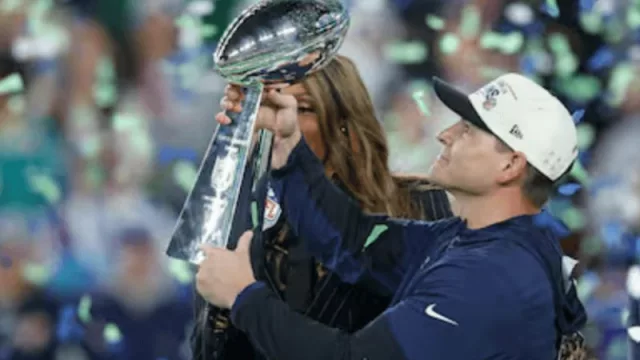
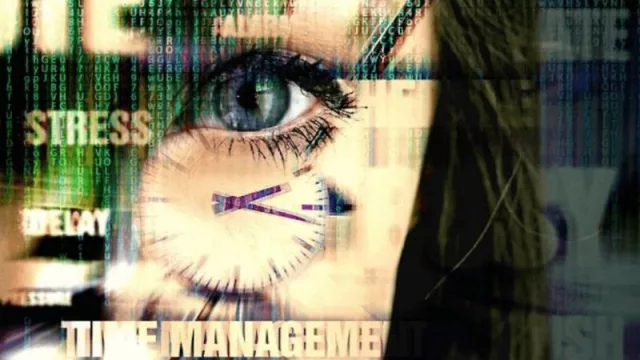
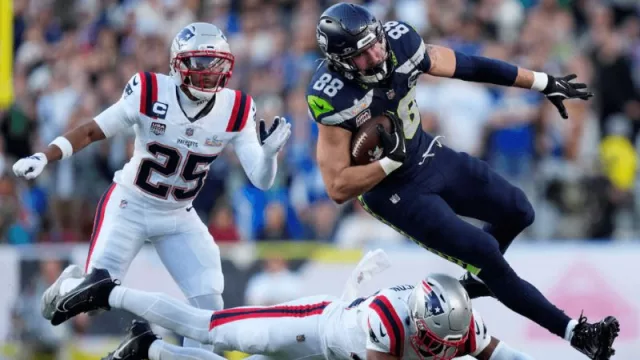
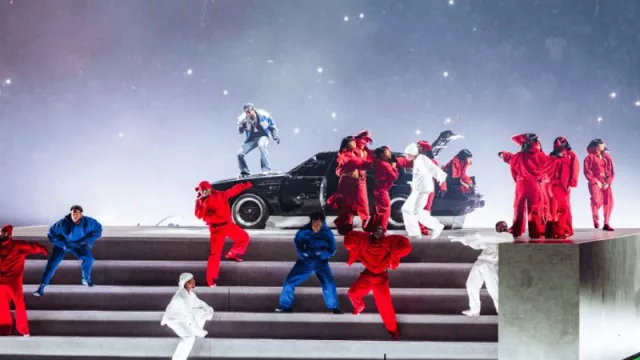





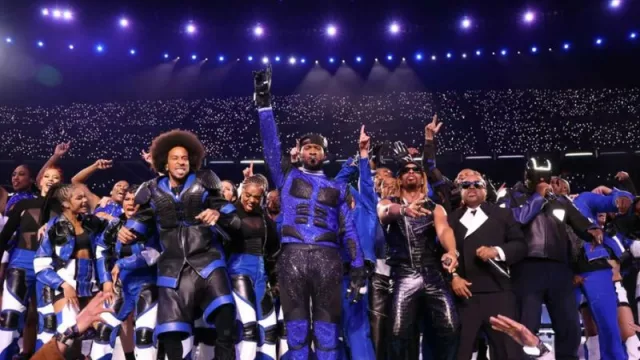

Tu opinión enriquece este artículo: